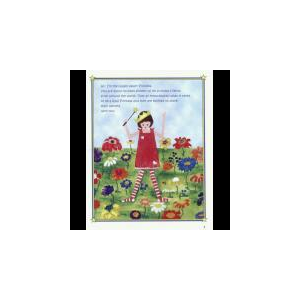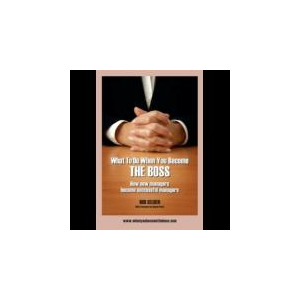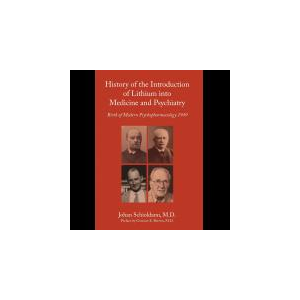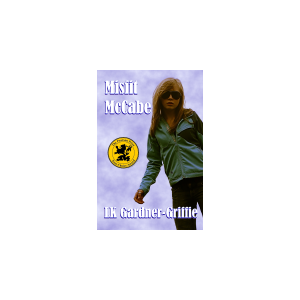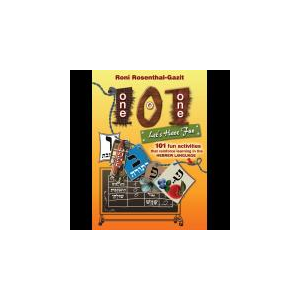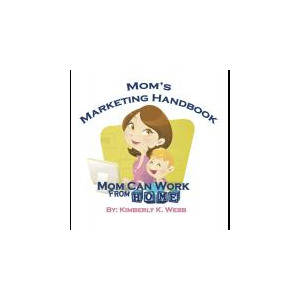The Shut-Down Learner: Helping Your Academically Discouraged Child,by Dr.Selznick, describes a common, but poorly understood group ofcharacteristics. Referred to as "Lego kids" or "high spatial children,"such kids thrive with hands-on tasks that "load" on visual and spatialabilities.
One of the worst feelings a child can have is being discouraged inschool. The sense of hopelessness that pervades can become almostinsurmountable. This is the emotional experience for the child calledthe “Shut-Down Learner.” The Shut-Down Learner: Helping Your Academically Discouraged Child,describes a common, but poorly understood constellation ofcharacteristics. Referred to in the text as "Lego kids" or "highspatial children," such kids thrive with hands-on tasks that "load" onvisual and spatial abilities. They excel in so many areas, yet when itcomes to the core skills necessary for success in school, they areoften quite lacking. This leads to the “Shut-Down Learner,” a child whois discouraged and disconnected relative to school. As a result,parents do not know what to do. They become tense, frustrated, andfrantic, feelings of which are conveyed to the child.
The Story Behind This Book
The Shut-Down Learner is based on the author's clinical experience as director of a program in the pediatrics department of a large teaching hospital that assesses and treats a broad range of learning problems. Dr. Selznick has consulted with thousands of families, explaining complex data in straightforward terms understandable to parents. He coined the term "shut-down learner" to describe children who thrive with hands on tasks requiring visual and spatial abilities, but who become discouraged by their difficulty mastering core academic skills such as reading and writing.
As much as 40 percent of children experience problems with these core skills, and a significant proportion of them are spatial thinkers. The book is packed with techniques that parents can use to help their shut-down learner succeed in school and in life. In a friendly, non-technical style, Dr. Selznick helps parents (and teachers) understand their child's characteristics and offers specific approaches to break the downward sprial.
Praise and Reviews
Testimonials
It
was with much joy that I read your book entitled "The Shut-Down
Learner" recently. There are so many books out there that tell kids and
their parents what's wrong with them. Finally, a book that speaks to
their strengths. As an advocate for the "non-labeling" approach to kids
with learning differences, I was impressed with your ability to disucss
the various types of reading, writing and spelling weaknesses while
emphasizing the spatial giftedness that these children possess.
The use of the vignettes was especially clever and certainly holds
the reader's interest, even those whose minds might wander easily. The
spatial resources in the back were especially helpful and parents and
professionals with interest in this topic can certainly make use of
them. I will be recommending this book to the parents and students that
I see in my practice as a must read.
- Carlo B. Melini, M.D.. FAAP, Clinical Associate, The Children's Hospital of Philadelphia
Senior Lecturer, University of Pennsylvania School of Medicine
"I have just received the Shut-Down Learner authored by Richard
Selznick, Ph.D. Dr. Selznick’s many years of working with children and
parents is the foundation of his new book The Shut-Down Learner.
Immediately apparent is his keen eye that Dr. Selznick has for
professional observation and his extraordinary empathy for the children
and parents that are fortunate enough to cross his path. Without
resorting to professional jargon, Dr. Selznick has created a resource
for parents and teachers that promotes insight and understanding,
relieves guilt, and provides strategies for intervention."
- G. Emerson Dickman, J.D., President of the International Dyslexia Society
Emerson Dickman is an attorney who, for over thirty years, has
specialized in the representation of children with disabilities. Among
the cases he has handled are leading precedents protecting the due
process rights of pupils in special education and the constitutional
rights of adults with developmental disabilities. Emerson has been a
member of the Board of Directors of the International Dyslexia
Association for 12 years and is currently the President.
“In reading Dr. Selznick's book, I thought for a minute he was
writing my biography! I was one of those "shut down learners" who was
called lazy almost every day. I was a child who believed I was just
not very bright, and I believed that for the first 30 years of my
life. And like the rest of us, I was filled with shame and
self-loathing. If this book was available to my teachers and my
parents back then, how much suffering could have been avoided. If your
child is doing poorly in school, imagine how much suffering can still
be avoided.
This book is clear, informative and without jargon. But more
important, in today's world of 'diagnose it and medicate it,' Dr.
Selznick humanizes very real children with very real problems."
- Daniel Gottlieb, Ph.D., Clinical Psychologist, Family Therapist
Dr. Gottlieb hosts Voices in the Family, a psychology call-in
show on WHYY-FM, Philadelphia's local NPR affiliate. Author of four
books including the best-selling Letters to Sam. He lectures
nationally on the well-being of children and families.
“Dr. Selznick not only challenges parents to gain a better
understanding of their children, but also challenges the schools to
understand how these children shut-down. While wholesale revamping of
curriculum is not being suggested, small changes can be easily
accomplished. Children can be mentored. They can be encouraged.
Teachers play a central role in altering the child’s negative belief
patterns. The key is on relationship building. This does not cost
money. It takes time. As Dr. Selznick pointed out, sometimes taking a
child for a walk or sharing a soda will long be remembered. Just
conveying to the child that he/she is valued is enormously important on
so many levels."
- William G Sharrar, M.D., Chief of Pediatrics, Cooper University Hospital, Professor of Pediatrics, UMDNJ-Robert Wood Johnson Medical School
“Dr. Richard Selznick has consulted for several years in the
Brooklawn Public School District and has provided training to teachers
and parents. He’s the rare academician who speaks the language of
parents and is able to make learning and developmental theory readable.
I’ve ordered copies of The Shut Down Learner for members of my staff,
as well as to be placed in the community library. Dr. Selznick has the
gift to turn theory into practice and to offer parents hope where there
was hopelessness and frustration."
- John Kellmayer Ed.D., Superintendent, Brooklawn Public School District

